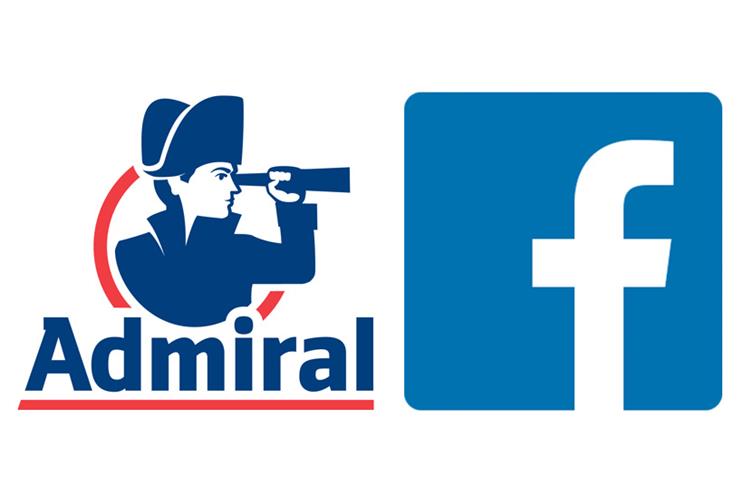Admiral found itself back peddling furiously last week. In less than 24 hours it went from new product publicity to being shouted down by Facebook and saddled with an app now promising ‘reduced functionality’. So what went wrong?
The new software was designed to use Facebook posts to analyse the personalities of car owners and set insurance premiums accordingly. If new drivers chose to receive a ‘firstcarquote’, their social media profile would be scanned and certain words and phrases picked out. An algorithm would then divide these words into those indicative of "safe" or "unsafe" driving, before attributing a risk level to the individual. If deemed to be "safe", drivers would be offered a discount of between five and 15 per cent.
Privacy concerns
The software, and the media splash which accompanied its announcement, was obviously trying to position Admiral as an insurer moving with the times to offer the sensible drivers among us a better deal. When initial concerns were raised about privacy the business responded with assurances that the scheme would be opt-in, and promises that data mining from Facebook would never result in a raised premium.
But just when things were beginning to look slightly awkward for Admiral, the situation took a turn for the worse when Facebook stepped in.The social media platform declared it would not allow the insurer to use its users’ data in this way, since to do so would be in breach of its privacy rules. What was obviously designed to be a brand-building exercise for Admiral had rapidly turned into a platform for Facebook to bolster its customer privacy credentials.
Although Facebook’s history as a guardian of personal data privacy must be considered with some cynicism – particularly given the recent controversy around its attempts to access Whatsapp user data – the social media giant makes a very valid point.
Privacy protection
What’s clear is that Admiral, and many companies like it, still do not ‘get’ data privacy. Despite considerable evidence to the contrary, businesses continue to behave as though this is not a serious issue. In Admiral’s case, it looked very much like the insurer had not properly read, let alone thoughtfully considered, Facebook’s privacy stipulations. They also seem to have forgotten that trust needs to be based on transparency and customers are becoming increasingly cynical. Being called out on your attitude to safeguarding your customers’ data by another business is not just embarrassing, it also betrays a real disregard for the issue.
Admiral’s experience is a timely reminder that this issue is still not high enough on the board agenda, even in consumer-facing companies. In fact, in many cases, the consumer and the issue of trust is barely on the agenda at all. Of the metrics which are prized as measurements of success, consumer insight is missing all too often. Of course, on this occasion it wasn’t just a consumer outcry which stymied Admiral’s plans, but my view is it’s only a matter of time before this becomes the case.
Privacy regret
As more data sharing becomes the norm, it’s going to become harder for customers to limit the data collected about them if they still want to access certain services. Equally, consumers who may have blithely clicked through the permissions to share significant personal data initially will find it very hard to backtrack further down the line, and may find themselves regretting the privacy they have lost.
The businesses that derive reputational benefit from the turning tide will be those who take the initiative, demonstrating that they take privacy seriously before their hands are forced, indeed before regulation forces them to do so. Communicating clearly with your customers about exactly what you are collecting about them and how it will be used – and sticking to those assurances – should be the norm, but this is still far from being the case.
There is an ethical question here, of course, and it’s an important one. But privacy is also a commercial issue, and being seen to understand and respect it has tangible benefits – not least from a marketing and brand-building perspective. Facebook was quick to take advantage of Admiral’s mistake, using the situation to make its own statement about the ethical use of data, and canny businesses will do the same.
We may well see the likes of GoCompare and Which? add a rating on how well a consumer’s privacy is protected to their consumer guidance on different services, and so they should. Privacy is a selling point like any other, and businesses need to catch on fast.


